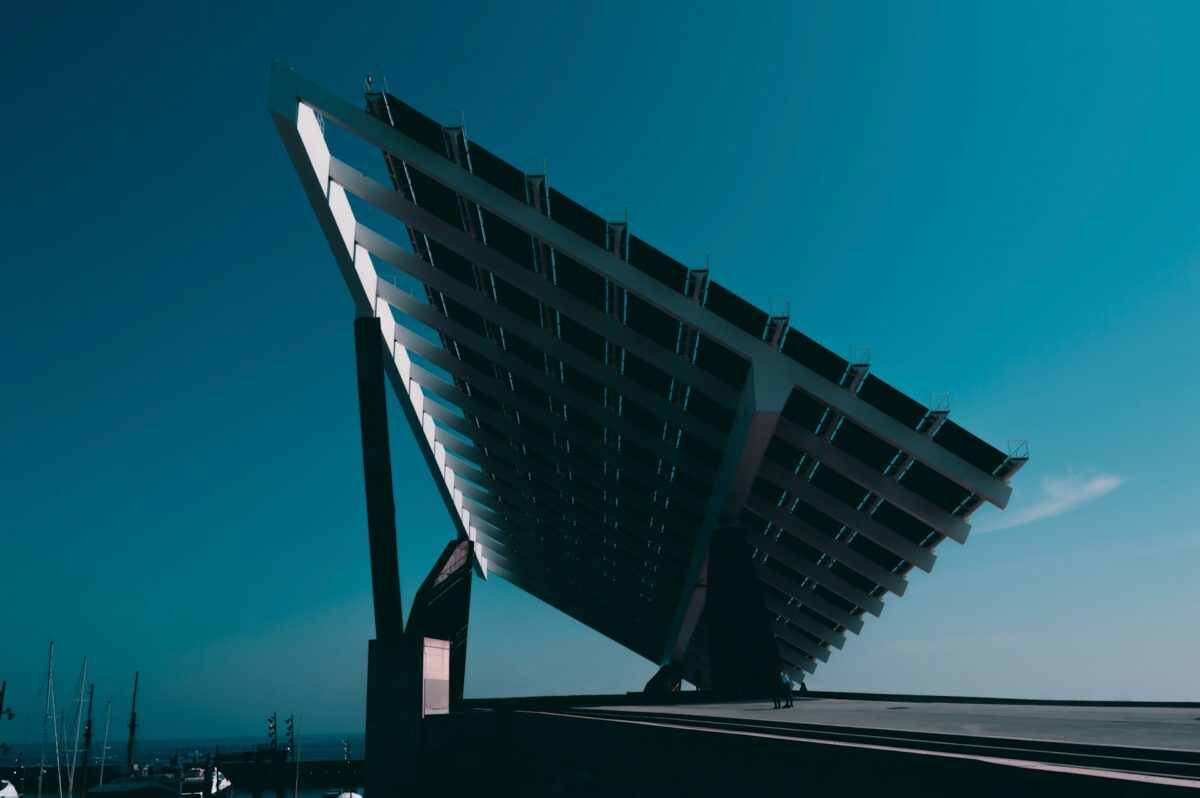ESIA is calling for a raft of measures to help deliver 30 GW of solar manufacturing capacity in the European Union by 2030.
A 10-point action plan published by the alliance this week says that in order to be competitive, the European PV manufacturing sector needs to “scale up significantly.”
According to the alliance, the European solar industry's production costs are currently between 1.5 and 2.3 times higher than in China. It has calculated that the industry would need €18 billion ($19.3 billion) to €24 billion in investment support and €4 billion to €6 billion annually for operating costs to deliver 30 GW.
The action plan proposes targeted support from the European Union’s Temporary Crisis and Transition Framework, a €1 billion investment from the EU Innovation Fund and a partnership between ESIA and the European Investment Bank (EIB), which it says could generate €15 billion of investment in PV manufacturing by 2027.
“There will be no business case for PV manufacturing in Europe without a targeted and coordinated effort, bringing together the industry, the European Commission, the Member States, and private and public investors like the EIB,” says the action plan.
ESIA is also proposing the establishment of a European Solar Academy to train 100,000 PV value-chain workers by the end of 2025. The alliance estimates that 400,000 direct and indirect jobs could be created and calls on public funding to be directed towards training programs.
Elsewhere, ESIA says that putting sustainability, traceability and circularity at the core of the internal market would enhance the competitive edge of European manufacturers and calls for strict sustainability standards through eco- design requirements to be implemented. It also suggests that implementing sustainability and resilience criteria in public procurement and auctions, as required by the Net Zero Industry Act, could help to “level the playing field” between European and non-European PV manufacturers.
Other proposed measures include an industry-led initiative to develop a PV passport, with the aim of improving the transparency and traceability of PV products placed in the European market. ESIA adds that Europe’s PV manufacturing sector must do more to capitalize on the “Made in Europe” brand value, which it says certain offtakers will pay a small premium for.
ESIA’s action plan follows what it calls a “difficult year” for the European solar manufacturing industry in 2023, which it says resulted in the collapse of PV module prices, the accumulation of module stocks, high electricity prices and a perceived lack of commitment to urgently support the European industry, all leading to a “major impact on investor confidence.”
Its latest publication follows a recommendation paper, published in November, detailing a European support scheme to foster the development of European solar.
This content is protected by copyright and may not be reused. If you want to cooperate with us and would like to reuse some of our content, please contact: editors@pv-magazine.com.




By submitting this form you agree to pv magazine using your data for the purposes of publishing your comment.
Your personal data will only be disclosed or otherwise transmitted to third parties for the purposes of spam filtering or if this is necessary for technical maintenance of the website. Any other transfer to third parties will not take place unless this is justified on the basis of applicable data protection regulations or if pv magazine is legally obliged to do so.
You may revoke this consent at any time with effect for the future, in which case your personal data will be deleted immediately. Otherwise, your data will be deleted if pv magazine has processed your request or the purpose of data storage is fulfilled.
Further information on data privacy can be found in our Data Protection Policy.